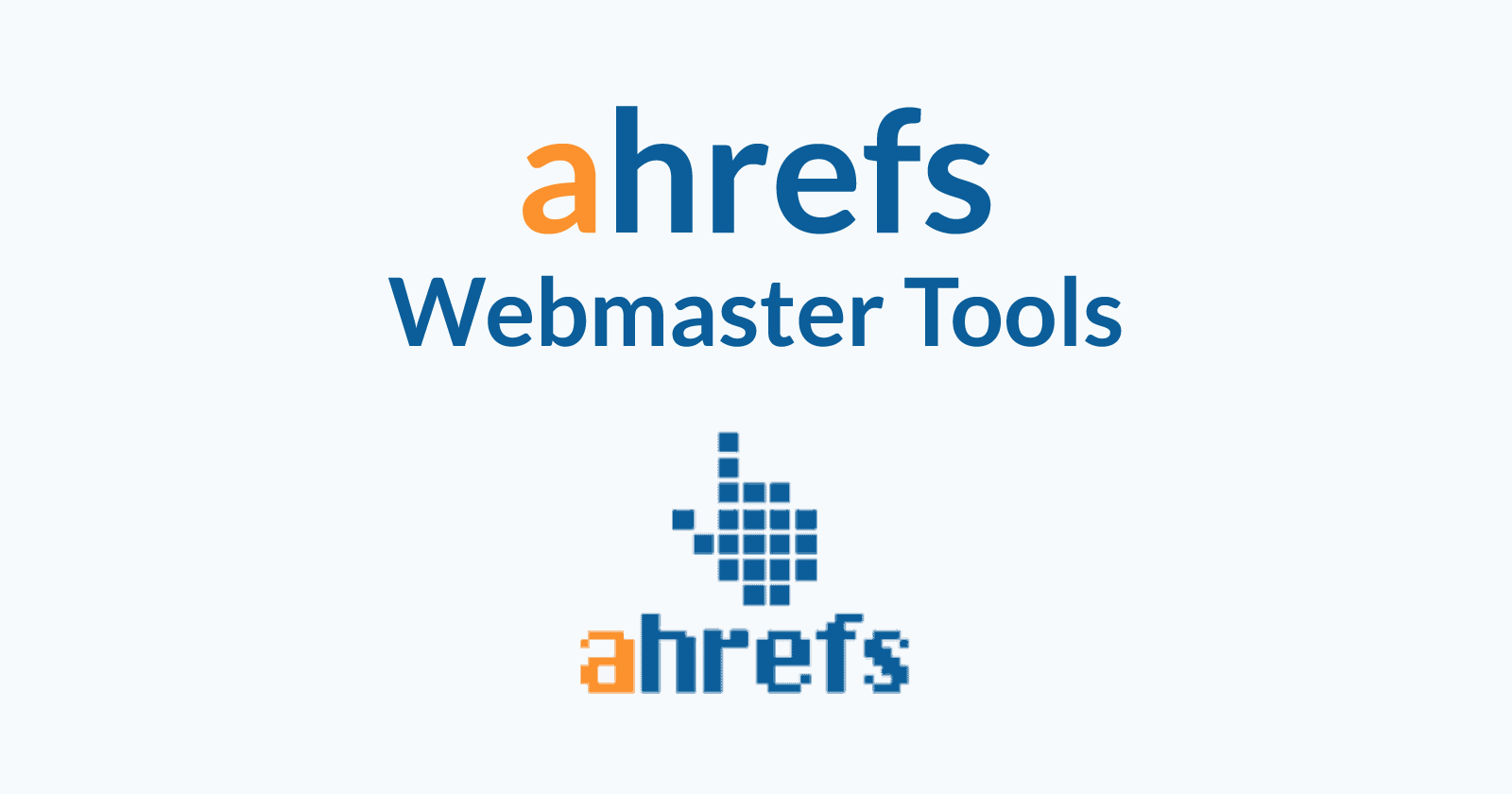When focusing on long-tail keyword research for seo is essential for driving high-quality traffic that converts. Long-tail keywords are more specific, targeting users further down the search intent funnel. They are the key to capturing potential customers actively looking for what you offer.
The trick to finding these valuable long-tail keywords? Using keyword research software effectively. With the right tools, you can uncover precise search terms that align with your business goals and attract highly relevant traffic.
Table of Contents:
- Keyword Relevance
- Location-Based Keywords
- Choosing the Right Keywords for Your Business
- Free Keyword Research Tools
- Paid Keyword Research Tools
1. Keyword Relevance

When it comes to SEO, relevance is the most critical factor in choosing keywords. The more specific and relevant your keywords are to your business, the more likely they are to attract qualified prospects. For example, if you provide pool installation services, focusing on a long-tail keyword like “fiberglass in-ground pool installation” will attract a more qualified audience than simply targeting “swimming pools.”
The reason is simple: Someone searching for “fiberglass in-ground pool installation” is probably looking for specific installation services, while “swimming pools” could attract a broader, less engaged audience.
2. Location-Based Keywords
If your business operates in a specific geographical location, including location-based keywords in your SEO strategy can significantly improve your results. For example, if you provide pool installation in Boston, you could target a keyword like “fiberglass in-ground pool installation in Boston, MA” instead of just “fiberglass in-ground pool installation.”
This ensures you attract visitors looking for services in your area, increasing your chances of conversion. If you have multiple locations, it’s a good idea to create separate landing pages optimized for each area.
3. Choosing the Right Keywords for Your Business

Selecting the right keywords for your business involves more than guesswork. It’s important to use a keyword research tool to confirm your assumptions and help you identify the best long-tail keywords for your SEO campaign.
By doing proper research, you can avoid targeting generic terms and instead focus on high-intent keywords that will lead to better conversions.
4. Free Keyword Research Tools
1. Google Keyword Planner
Best for: Simple, Google-powered keyword research.
Google Keyword Planner is a free tool that provides keyword suggestions directly from Google’s algorithm. By entering your website or product category, it will generate a list of relevant keywords, along with metrics like search volume and competition level. It’s perfect for those just starting out with SEO.
2. Google Trends
Best for: Comparing keyword popularity over time.
Google Trends is great for understanding the popularity of search terms. You can compare keywords, filter by location, and see how interest has changed over time. It’s also an excellent way to find related keywords that you might have overlooked.
3. Keyword Tool.io
Best for: Generating long-tail keyword ideas.
Keyword Tool.io is a free tool that uses Google Autocomplete to suggest long-tail keywords based on your seed keyword. It’s an easy tool for generating a list of potential keywords, especially if you’re just starting out with content creation or blog topics.
4. Ahrefs Webmaster Tools

Best for: Analyzing your own site’s keyword performance.
Ahrefs offers a free version of its Webmaster Tools that lets you see how your website ranks for various keywords. It’s a great option for understanding your site’s current SEO performance and uncovering new keyword opportunities.
5. Paid Keyword Research for SEO Tools
1. UberSuggest
Price: Starting at $29/month
UberSuggest is an affordable SEO tool that provides keyword suggestions, competition analysis, and content ideas. It’s perfect for those who want a low-cost option for keyword research while also getting insights into improving their content.
2. Moz’s Keyword Difficulty Tool
Price: Starting at $49/month
Moz’s Keyword Difficulty Tool is great for in-depth keyword analysis and competitive research. It helps you understand how difficult it will be to rank for certain keywords and provides suggestions for more attainable ones.
3. SEMrush

Price: Starting at $139.95/month
SEMrush is a robust SEO tool that includes keyword research, competitive analysis, and ranking tools. It allows you to track keyword rankings, analyze competitors, and find keyword opportunities to improve your website’s performance.
4. Ahrefs
Price: Starting at $129/month
Ahrefs is a comprehensive SEO tool with advanced keyword research functionality. It offers a massive database of keywords and provides detailed metrics on search volume, keyword difficulty, and traffic potential.
5. SEO Ranking
Price: Starting at $52/month
SEO Ranking is another powerful keyword research tool that provides a detailed analysis of keywords and competitors. Its Keyword Suggestion Tool generates a large list of keyword ideas based on your seed keyword and gives you data on keyword difficulty and search volume.
Read Also : Best SEO Chrome Extensions (2025) for Marketers, Bloggers & Agencies
Local SEO for Small Businesses: The Ultimate Guide to Boosting Online Presence
Conclusion
Long-tail keywords are crucial for driving qualified traffic and improving your website’s SEO performance. By using the right tools to research and analyze your keyword strategy, you can ensure that you’re targeting the most relevant and high-converting terms for your business. Whether you start with free tools or invest in premium software, effective keyword research is the foundation of any successful SEO campaign.
FAQ’s
Q1.What are long-tail keywords?
Long-tail keywords are specific, longer phrases that target users further down the search intent funnel, increasing conversion chances.
Q2.How do I find long-tail keywords for my business? .
Use keyword research tools like Google Keyword Planner, Ahrefs, or SEMrush to find specific, high-converting long-tail keywords
Q3.Why are long-tail keywords important for SEO?
They attract more qualified traffic, resulting in higher conversion rates and improved search rankings due to lower competition.
Q4.Are free keyword research tools effective?
Yes, tools like Google Keyword Planner, Google Trends, and Keyword Tool.io offer solid insights for discovering long-tail keywords.
Q5.Should I use location-based keywords?
If your business is geographically specific, location-based keywords help you attract local traffic and improve local SEO.








